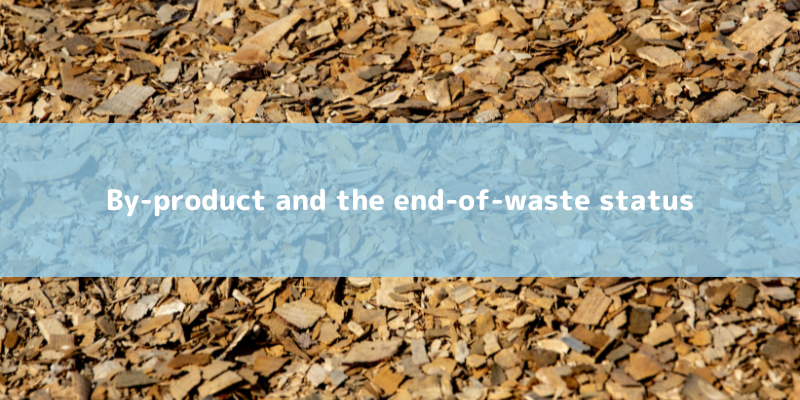By-product and the end-of-waste status

The European Union Waste Framework Directive (2008/98/EC) promotes the reduction, reuse, and recycling of materials to move towards a circular economy. This directive introduces concepts such as “by-product” and “end-of-waste status,” which are crucial for transforming waste into resources, closing the material loop, and minimizing their environmental impact. By now, and to no one’s surprise, […]
